Working Groups are regularly organized in each partner countries to facilitate connecting research and policy makers or research users. The ultimate objective is to close the gap between scientific evidence and practice.
Institut Pasteur in Lao PDR organized a Working Group on 30 January 2019, to present the preliminary results and to show the operational use of the In2care system to District Health Office representatives who are on the frontline when outbreaks of dengue get out of hand.
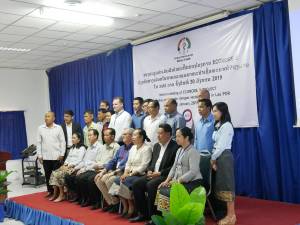
Paul Brey, the Director of IPL, emphasized key points during his opening speech; dengue is a recurrent problem in Lao PDR for decades and the vector control strategy is the cornerstone to minimize the risk. He added that the situation is of particular concern because in January, in the middle of the dry season, there is still high circulation of dengue in Vientiane city. The main challenges are the lack of manpower and insufficient motivation of the population to control Aedes breeding sites. Paul Brey underlined that the new system In2care, using mosquitoes to achieve control of breeding sites, must not be considered as a magic bullet to control vector but can be a supplementary tool for a more efficient integrated strategy.



This Working Group chaired by Dr Simone Nambanya former Deputy Director of the CMPE (Center of Malariology, Parasitology and Entomology) gave opportunity for operational health authorities to better understand the principle and the outputs of the system In2care thanks to a presentation given by Sébastien Marcombe and Phoutmany Thammavong, entomologists at IPL followed by a discussion session. This debate was very beneficial for the researchers to understand the community demand and constrains met by District Health Authorities and so to evaluate the potential use of the research trial.


Participants visited Saphanthong Tai village where the system is implemented (300 In2care traps installed) from July 2018.
Mr. Bounthanong Kitikhammoun from IPL entomology unit showed how to install traps and practical maintenance of the system; the participants could also discuss with housholds, with Mrs. Vacky Vungkyly, community coordinator for the study and with Mrs. Keomany, village Health Volunteer who are living in the village for listening to their view.
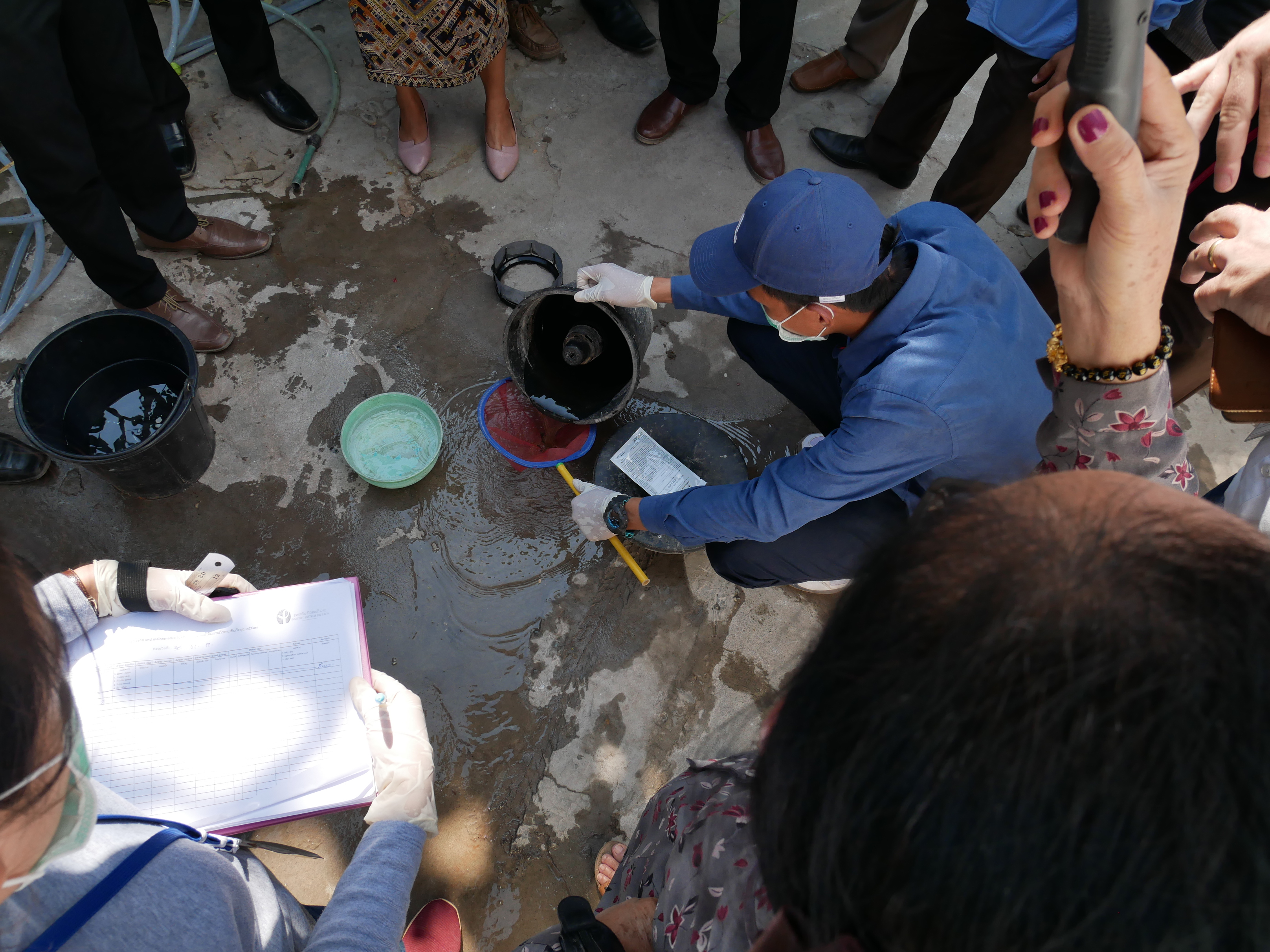

At the time of servicing the traps, participants were impressed by the quantity of larvae attracted by the system, even in dry season and could check that pupae were dead. Participants are eagerly awaiting to see the conclusion of the trial because they are convinced that In2care system will be an interesting tool to strengthen vector fight.
This Working Group included representatives of District Health Offices, from technical officers to Deputy-Governors, prevention department of DCDC, laboratory department of NCLE, WHO, has demonstrated the importance to closely involve potential users to exchange and to interact with the researchers and showed that field visit are more beneficial that any Power Point presentation to promote the project.
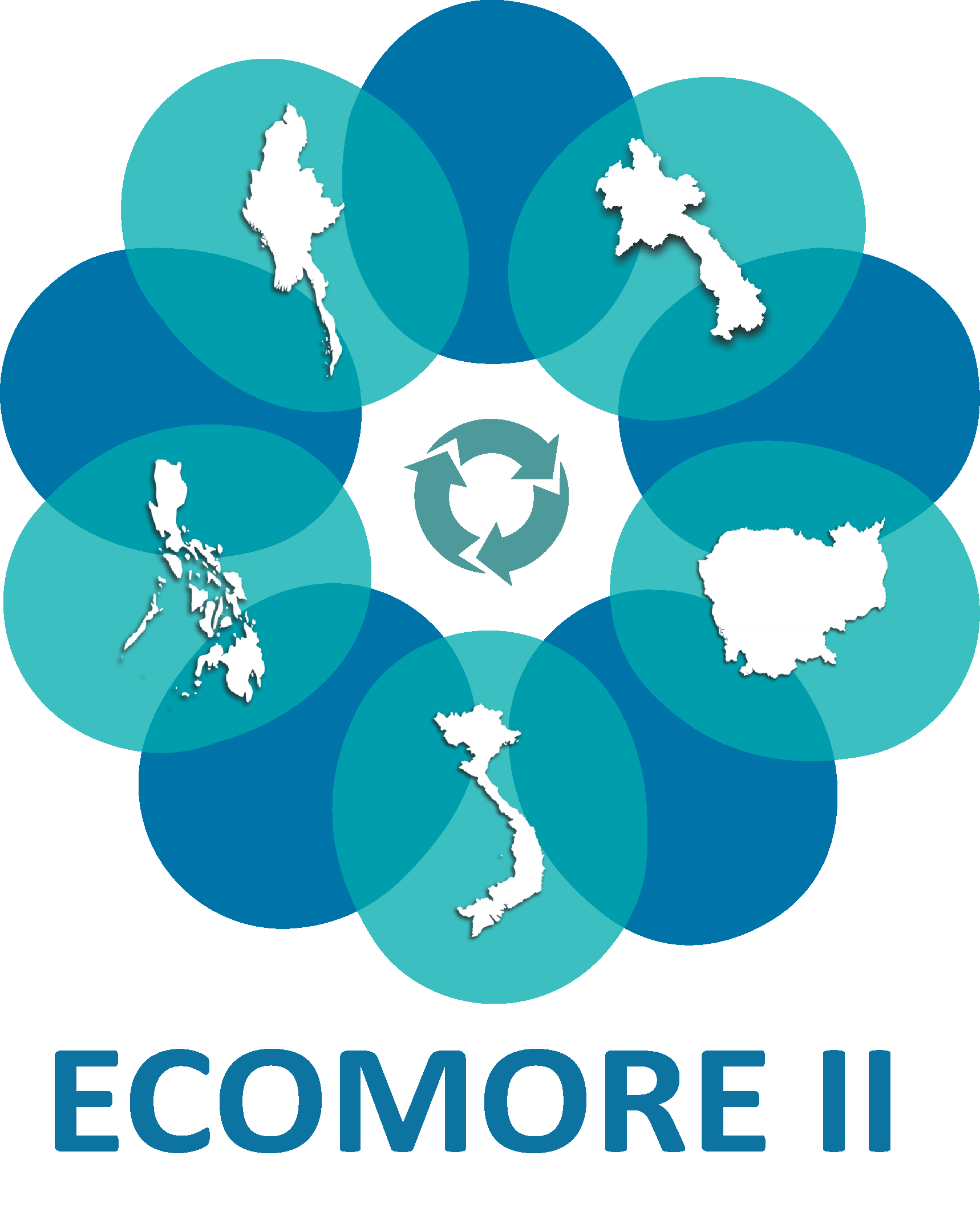
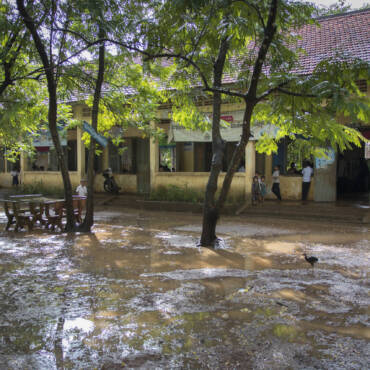
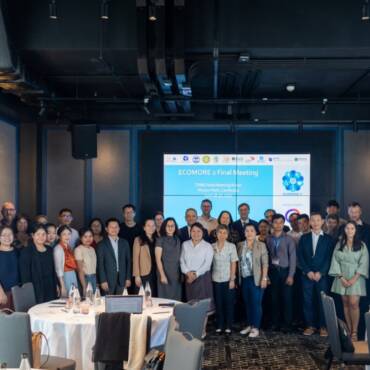
Add Comment